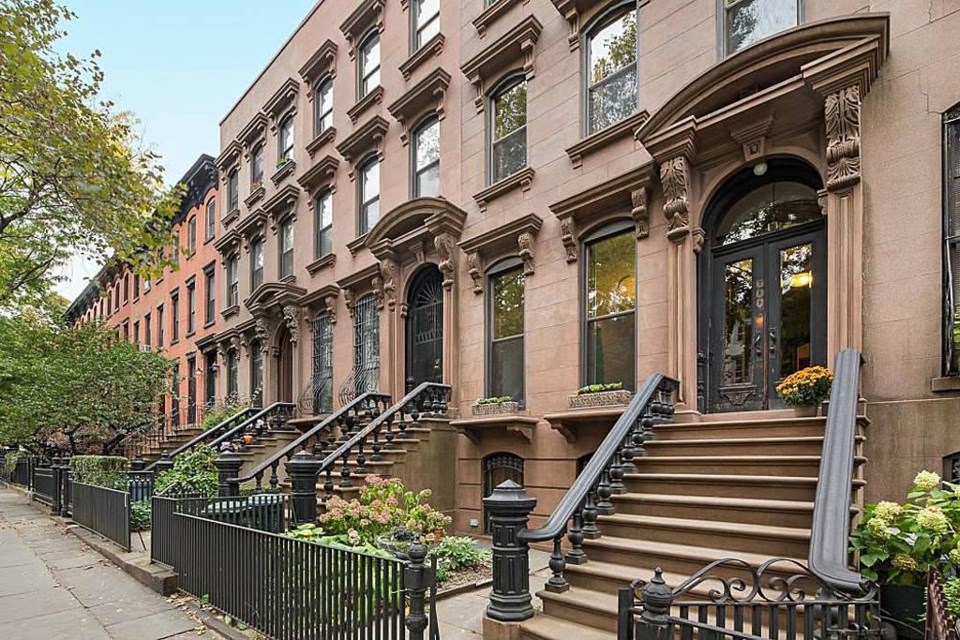New York homeowners are now protected against deed theft, as a new law that took effect last week expands the powers of the New York Attorney General's office to prosecute people who try to take away someone's home under false pretenses.
The legislation, which was co-authored by New York Attorney General Letitia James and sponsored by State Senator Zellnor Myrie and Assemblymember Landon C. Dais, establishes deed theft as a crime, amends the statute of limitations to give homeowners and prosecutors more time to seek justice and grants OAG original criminal jurisdiction to prosecute deed theft, according to a press release.
“Deed theft is a merciless crime that robs New Yorkers of their homes, communities, and financial stability,” said James. “By making deed theft the crime we know it to be, this law gives my office and district attorneys more power to stop these scammers from taking advantage of hardworking people."
Deed theft occurs when someone takes the title, or deed, to another person’s home without the homeowner’s knowledge or approval. It disproportionately impacts elderly homeowners and homeowners of color, especially New Yorkers in gentrifying neighborhoods who live in homes that have significantly increased in value over the years.
Under previous law in New York state, deed theft itself was not a crime. This law amends penal law to make deed theft a form of grand larceny, extends the statute of limitations to allow for more time to identify and investigate cases, and grants OAG the original criminal jurisdiction to prosecute deed theft crimes alongside district attorneys statewide.
The new law establishes that deed theft is now legally considered grand larceny, and can be prosecuted as such.
- Grand Larceny in the First Degree, a Class B Felony applies to deed theft of a residential real property that is occupied as a home by at least one person and is a home that is owned by someone who is elderly, incapacitated, or physically disabled, or deed theft of three or more residential real properties, regardless of monetary value.
- Grand Larceny in the Second Degree, a Class C Felony applies to deed theft of one residential property, one commercial mixed-use property with at least one residential unit, or two or more commercial properties, regardless of monetary value.
- Grand Larceny in the Third Degree, a Class D Felony applies to deed theft of one commercial real property, regardless of monetary value.
The law changes the statute of limitations to prosecute deed theft crimes so that prosecution must begin within five years of the theft or within two years after the rightful homeowner realizes their deed has been stolen, whichever occurs later.
New Yorkers who believe they are a victim of deed theft are encouraged to contact OAG by calling 1(800) 771-7755, emailing [email protected], or filing a confidential complaint.
The Homeowner Protection Program, a network of housing counselors and legal services providers throughout New York supported by OAG, offers free housing counseling and legal assistance statewide. Homeowners can contact HOPP online or call 1 (855) 466-3456 to get help.




